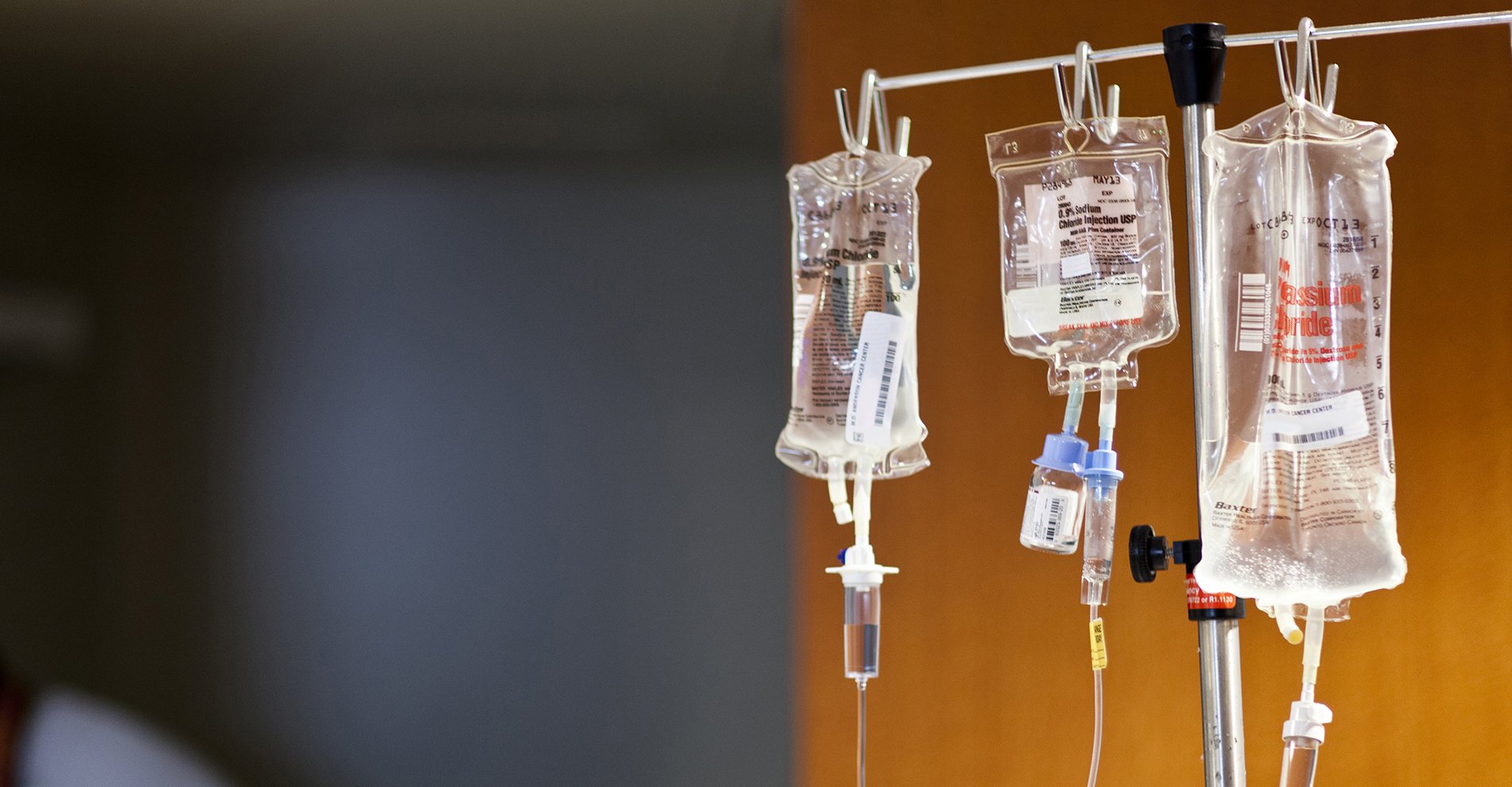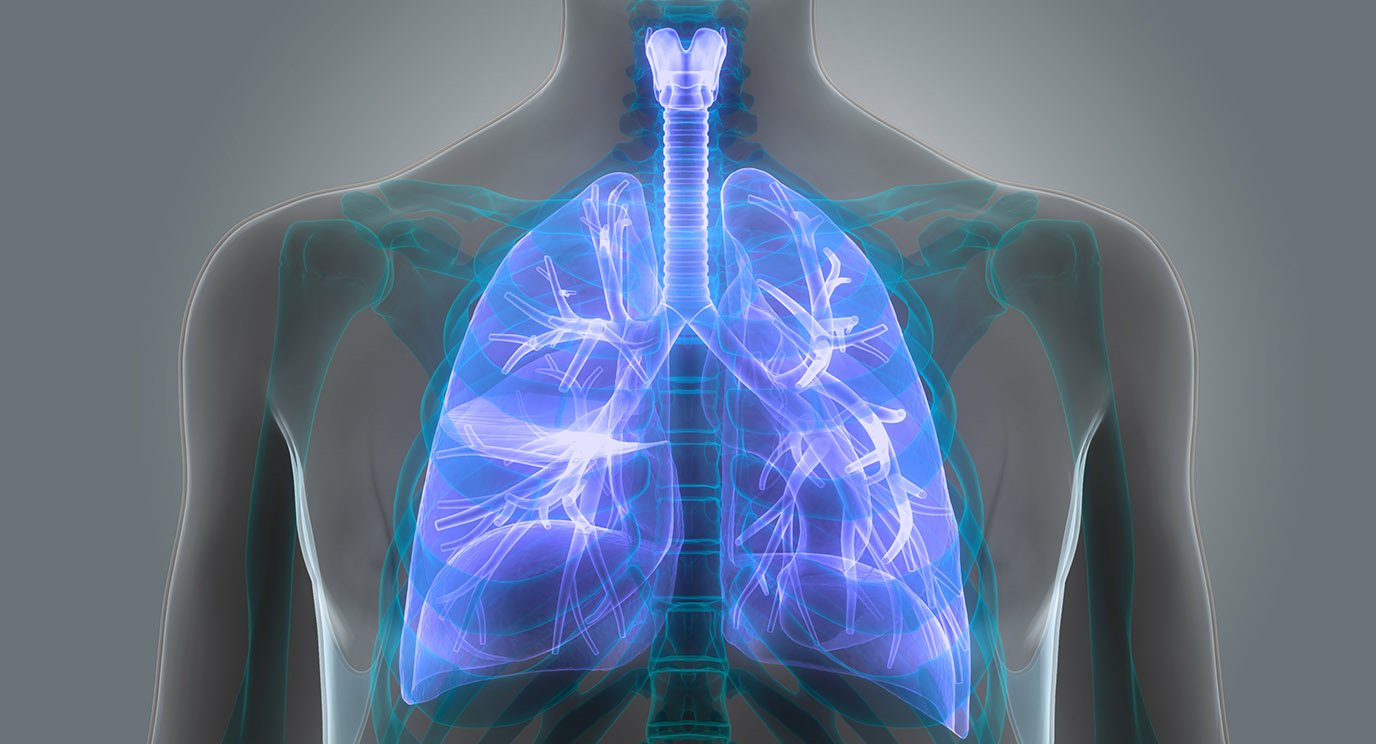- Diseases
- Acoustic Neuroma (14)
- Adrenal Gland Tumor (24)
- Anal Cancer (66)
- Anemia (2)
- Appendix Cancer (16)
- Bile Duct Cancer (28)
- Bladder Cancer (68)
- Brain Metastases (28)
- Brain Tumor (230)
- Breast Cancer (718)
- Breast Implant-Associated Anaplastic Large Cell Lymphoma (2)
- Cancer of Unknown Primary (4)
- Carcinoid Tumor (8)
- Cervical Cancer (154)
- Colon Cancer (164)
- Colorectal Cancer (110)
- Endocrine Tumor (4)
- Esophageal Cancer (42)
- Eye Cancer (36)
- Fallopian Tube Cancer (6)
- Germ Cell Tumor (4)
- Gestational Trophoblastic Disease (2)
- Head and Neck Cancer (6)
- Kidney Cancer (124)
- Leukemia (344)
- Liver Cancer (50)
- Lung Cancer (288)
- Lymphoma (284)
- Mesothelioma (14)
- Metastasis (30)
- Multiple Myeloma (98)
- Myelodysplastic Syndrome (60)
- Myeloproliferative Neoplasm (4)
- Neuroendocrine Tumors (16)
- Oral Cancer (100)
- Ovarian Cancer (170)
- Pancreatic Cancer (166)
- Parathyroid Disease (2)
- Penile Cancer (14)
- Pituitary Tumor (6)
- Prostate Cancer (144)
- Rectal Cancer (58)
- Renal Medullary Carcinoma (6)
- Salivary Gland Cancer (14)
- Sarcoma (236)
- Skin Cancer (296)
- Skull Base Tumors (56)
- Spinal Tumor (12)
- Stomach Cancer (60)
- Testicular Cancer (28)
- Throat Cancer (90)
- Thymoma (6)
- Thyroid Cancer (98)
- Tonsil Cancer (30)
- Uterine Cancer (78)
- Vaginal Cancer (14)
- Vulvar Cancer (18)
- Cancer Topic
- Adolescent and Young Adult Cancer Issues (20)
- Advance Care Planning (10)
- Biostatistics (2)
- Blood Donation (18)
- Bone Health (8)
- COVID-19 (362)
- Cancer Recurrence (120)
- Childhood Cancer Issues (120)
- Clinical Trials (626)
- Complementary Integrative Medicine (24)
- Cytogenetics (2)
- DNA Methylation (4)
- Diagnosis (230)
- Epigenetics (6)
- Fertility (64)
- Follow-up Guidelines (2)
- Health Disparities (14)
- Hereditary Cancer Syndromes (124)
- Immunology (18)
- Li-Fraumeni Syndrome (8)
- Mental Health (118)
- Molecular Diagnostics (8)
- Pain Management (62)
- Palliative Care (8)
- Pathology (10)
- Physical Therapy (18)
- Pregnancy (18)
- Prevention (896)
- Research (390)
- Second Opinion (74)
- Sexuality (16)
- Side Effects (604)
- Sleep Disorders (10)
- Stem Cell Transplantation Cellular Therapy (216)
- Support (404)
- Survivorship (322)
- Symptoms (184)
- Treatment (1776)
Should you get a full-body scan to look for cancer?
3 minute read | Published November 10, 2023
Medically Reviewed | Last reviewed by an MD Anderson Cancer Center medical professional on November 10, 2023
Getting a full-body scan to check yourself out for possible cancers might sound like a great idea. But what are the risks and benefits? And what does a full-body scan entail? Should you get one?
We consulted Melissa Chen, M.D., a neuroradiologist specializing in diagnosing brain tumors and head and neck cancers.
What is a full-body scan?
Generally, it’s a scan taken of the entire body with either an MRI or a CT machine.
Because it covers the whole body, it might not look at any given part of the body as closely as an MRI or CT scan would when it’s used to examine a particular organ or area of the body for a specific reason.
Who should consider getting a full-body scan?
There’s no data to support the average person getting one, especially if you don’t have any symptoms or an increased personal risk for cancer.
That said, for patients with certain conditions, we do recommend the use of full-body scans here for screening and monitoring at MD Anderson. Those include:
- LiFraumeni syndrome: a rare genetic mutation that puts people at much higher risk of developing multiple cancers over their lifetimes
- multiple myeloma: a blood cancer that can cause bone lesions all around the body
All of the other targeted screening tools we have in place are the ones best designed to catch those specific cancers. A mammogram, for instance, is still the best way to screen for breast cancer because sometimes those lesions are very, very small, and they might not show up on a whole-body scan.
So, if you’re wondering if you should get a whole-body scan, the better question to ask yourself might be, “Am I up to date on all of my preventive screenings?”
If you’re a smoker or used to smoke, for instance, and you're over the age of 50, have you had a lung cancer screening? If you’re a woman over the age of 40, when was your last mammogram? If you’re over the age of 45, when was your last colonoscopy? These are all better questions to be asking yourself than, “Do I need a full-body scan for cancer?”
What are the risks and benefits of full-body scans?
For the average person with no risk factors for cancer, I don’t see any benefits. But there are a lot of risks.
For one thing, full-body scans often pick up things that are considered incidental, like benign liver tumors or nodules on your thyroid or adrenal glands. These findings could easily lead to costly workups and extra scans — or even unnecessary surgeries or biopsies — that come with additional risks of their own. They don’t necessarily result in anything useful.
Full-body scans can also cause unnecessary anxiety. For instance, if you’re told you have a cyst on your pancreas, but nobody really knows what that means since you don’t have any symptoms, that can cause chronic anxiety if you need to have a yearly scan going forward. You’ll always be thinking about it.
How do you weigh the risks and benefits for yourself?
I’d say to discuss it with your doctor. If you have a family history of cancer, for instance, it might make more sense for you to get genetic testing for specific genetic mutations, like the BRCA1 and 2 mutations. That’s a much more effective way of determining the best screening tools.
So many considerations are based on your family history and your personal history, that taking any one tool and trying to apply it to everyone doesn’t make any sense. That’s why it’s so important to get your medical advice from health care professionals, not social media.
What’s the most important thing you want people to know about full-body scans?
I’m not saying that full-body scans are terrible in general. They can be a very useful tool for certain patients with particular cancers or syndromes, both to assess and stage their cancers and to monitor their condition. But their uses are specific to certain diseases, so they should only be used by patients who actually need them.
Request an appointment at MD Anderson online or by calling 1-855-524-2405.

There’s no data to support the average person getting one.
Melissa Chen, M.D.
Physician





